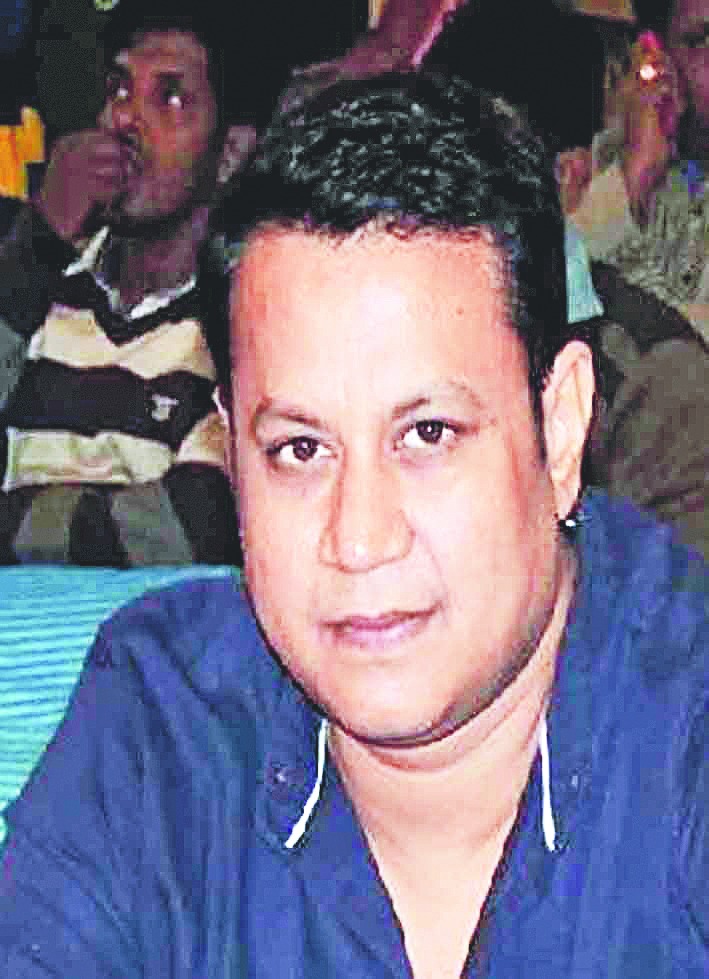
As IPL 2016 inches closer to climax, the betting business is at full throttle in Jamshedpur, with match day transactions easily crossing Rs 10 crore, but police are oddly unable to rein in the scam despite tip-offs.
While most thana officers flatly deny any racket in areas under their jurisdiction perhaps to conceal guilt of being unable to unearth the clandestine dealings, a few candid policemen concede that the network of bookies, middlemen and punters operates in a phantasmal manner, which is exceedingly difficult to be established.
The premier cricket league - a glamorised and abridged version of the gentleman's game - is into its ninth edition. The current season began on April 9 and will climax on May 29 after the last eliminator on Friday. While Royal Challengers Bangalore has already made it to the final, either the Sunrisers Hyderabad or the Gujarat Lions will take on them this Sunday.
No wonder the 20-odd betting centres in Dhatkidih (Bistupur), Sakchi, Mango, Jugsalai and Sonari are in a tizzy, with Jugsalai being the hot bed of this illegal activity.
"Convenience is the key in betting. One doesn't have to have a beer bar to run a racket. All that is needed is a television set where you can watch the match live; a few mobile phones; and a diary to jot down references of trusted men in the business," said an insider who identified himself as Ankush Sharma.
According to Sharma, any person can become a middleman if he knows to work like a ghost between people who place bet (punters in betting parlance) and bookies. " Yeh kachcha ka dhanda hai, par pakki juban se (Betting involves no paperwork and runs only on trust). A first-time punter is entertained only on the reference of a man who is known to the bookie," Sharma maintained.
So, how does the racket operate?
Sharma says a week prior to the commencement of big tournaments like IPL, bookies rope in middlemen. Bets can be placed on the result of any match, on the number of wickets a particular bowler may take or the number of runs a star batsman will score. Betting often continues till the last ball of a crucial match.
Every punter invests money and the rate is more for the stronger team. Since cricket is an unpredictable game, even a good team stands the chance to lose, the betting business takes a turn accordingly. When a punter wins the bet, he is paid his money within two days. When a punter loses the bet, he has to pay up then and there.
"In Jamshedpur there are about 20 centres from where betting is run and each of these centres transact over Rs 50 lakh a day during IPL matches," said another insider.
When confronted with the charge of police inaction, Jugsalai thana OC Laxman Paswan claimed there was no betting in his area. "We have conducted raids since the IPL started, but found no evidence of betting," he said.
OC Suman Anand of Sonari, from where businessman Mukul Sharma was arrested on March 26 for running a betting racket on ICC T20 World Cup, too insisted on total sanitisation. "Sharma is out on bail, but he is clean now. We are keeping strict vigilance."
Bistupur OC Anuj Kumar, however, admitted betting in the local market area. "We made attempts to trace the racketeers in Dhatkidih, but haven't been successful yet," he said.
City DSP Animesh Nathani said they were planning to conduct random raids. "We are keen on weeding out betting, but tracking bookies is difficult. Deals happen over phone. Physical evidence - the diary containing names and numbers of punters - is easy to hide. However, we shall conduct raids for the next few days," he added.











